
Gender equality is a human right. It is also essential for eradicating poverty and improving the lives of future generations. Gender equality is at the heart of all our programming and advocacy work. IPPF pushes for legal and policy reforms which combat female genital mutilation (FGM), early forced marriage and other forms of gender discrimination.
Articles about Gender equality
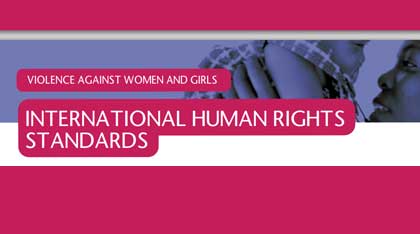
International Human Rights Standards
International and regional law and policy has recognized the need for States to underpin their efforts to eliminate violence against women and provide protection with national action plans.
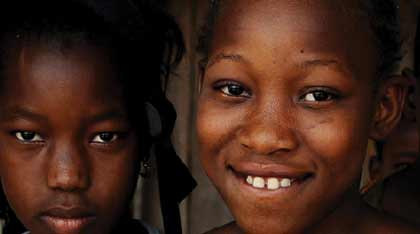
Young women and violence
For many women and girls, their first sexual experience is forced. Almost 50% of all sexual assaults around the world are against girls 15 years old and younger. An estimated 150 million girls under 18 suffered some form of sexual violence in 2002 alone.
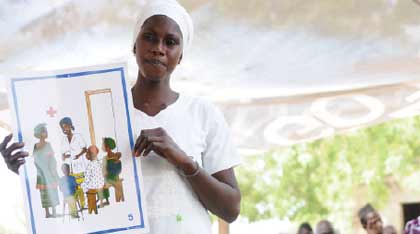
Harmful traditional practices
All violations of women’s and girls’ rights may be described as harmful practices, but there are particular forms of violence against women and girls which are defended on the basis of tradition, culture, religion or superstition by some community members. These are often known as ‘harmful traditional practices.

Violence against women and girls: the facts
Violence against women is a fundamental barrier to eradicating poverty and building peace. It impoverishes individual women, and their families, communities and countries. We ask member states to take action against all forms of violence outlined in the UN Declaration on the Elimination of Violence against Women and recognize that violence against women and girls is both a development and a human rights issue.
At a Glance 2011
Key facts and figures highlighting IPPF's achievements in 2011. IPPF provided 89.6m sexual and reproductive health services and averted 710,000 unsafe abortions.
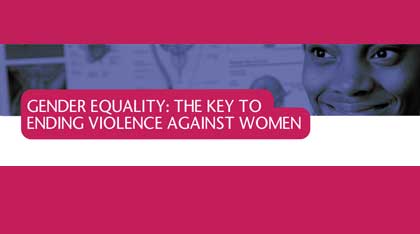
Violence and gender equality
Violence against women is caused by gender inequality – including unequal power relations between women and men, rigid gender roles, norms and hierarchies, and ascribing women lower status in society. Promoting and achieving gender equality is a critical element of the prevention of violence against women.
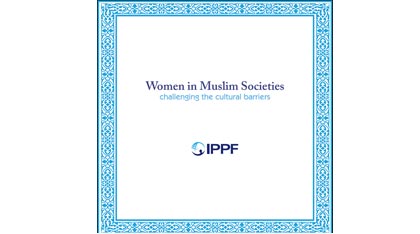
Women in Muslim societies
In countries with predominant Muslim populations, targets for the Millennium Development Goals on improving maternal health are lagging. IPPF is committed to a rights based approach for advancing women's health through cultural sensitivity.
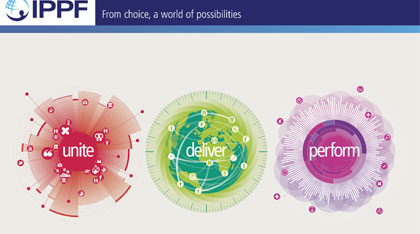
Annual Performance Report 2011-12
2012 is IPPF’s 60th year. The Annual Performance Report confirms, once again, IPPF’s vital role in human development. It opens with an overview of the external challenges that threaten sexual and reproductive health and rights (SRHR). Despite these challenges, IPPF continues to deliver impressive results. In 2011, Member Associations contributed to 116 policy and/or legislative changes in support or defence of sexual and reproductive health and rights (SRHR). The Federation as a whole provided 89.6 million SRH services with the majority going to the poor and vulnerable, including young people. Robust systems and processes have ensured that money has been invested cost-effectively where it is most needed.
At a Glance 2010
Key facts and figures highlighting IPPF's achievements in 2009. Sexual and reproductive ill health causes over 30% of the global burden of disease among women of childbearing age and without IPPF, this burden would be even greater.
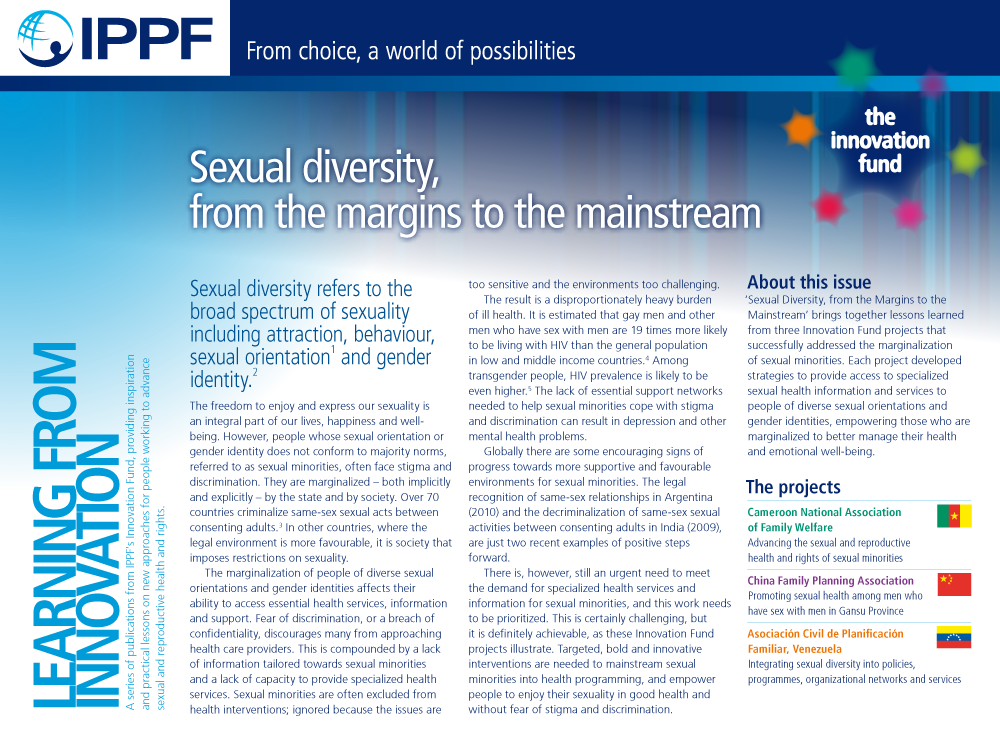
Sexual Diversity: From the margins to the mainstream
Advancing the sexual and reproductive health and rights of sexual minorities, promoting sexual health among men who have sex with men and integrating sexual diversity into policies, programmes, organizational networks and services. Lessons learnt from the Innovation Fund.
Pagination
- Previous page
- Page 16
- Next page






